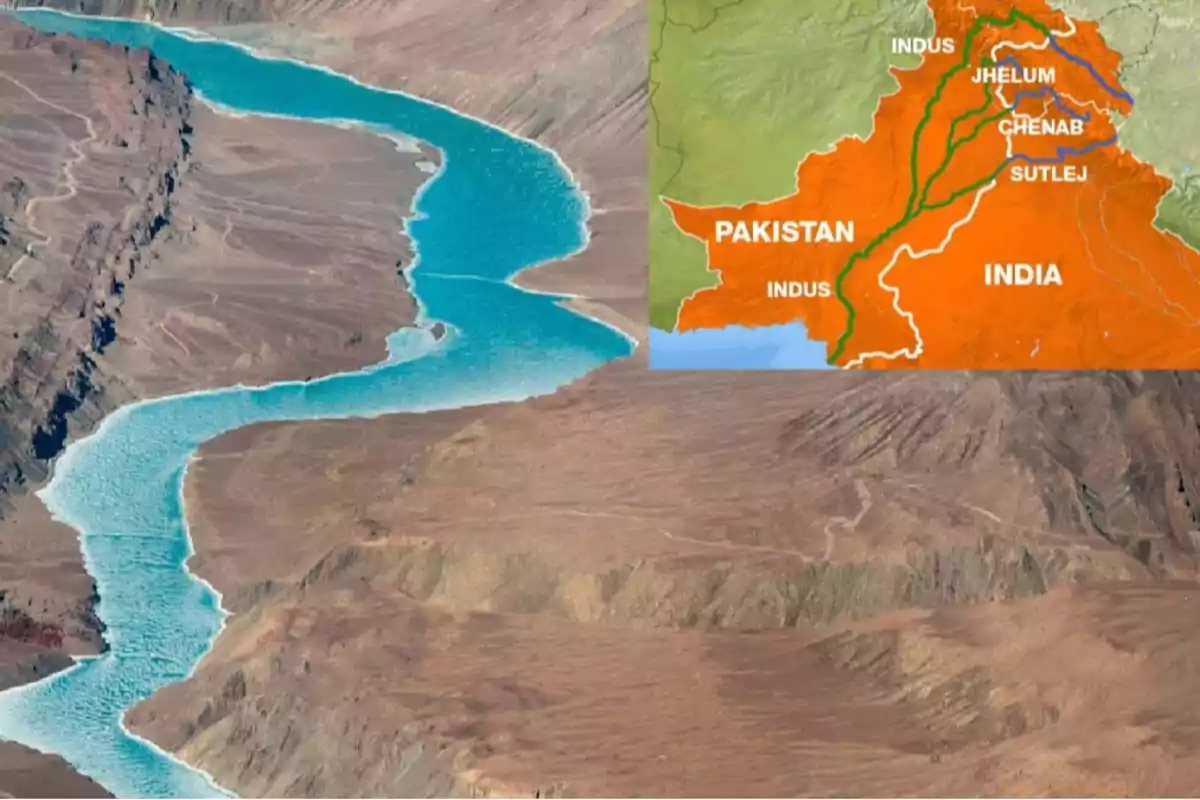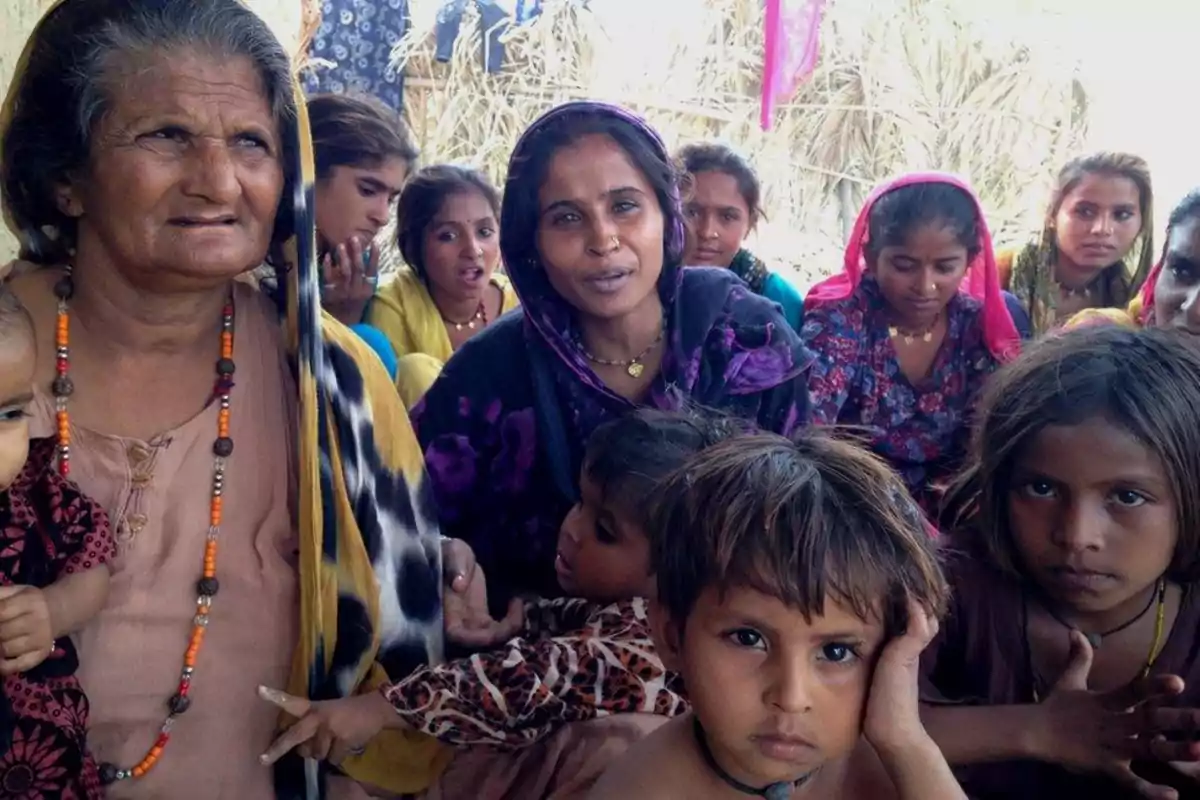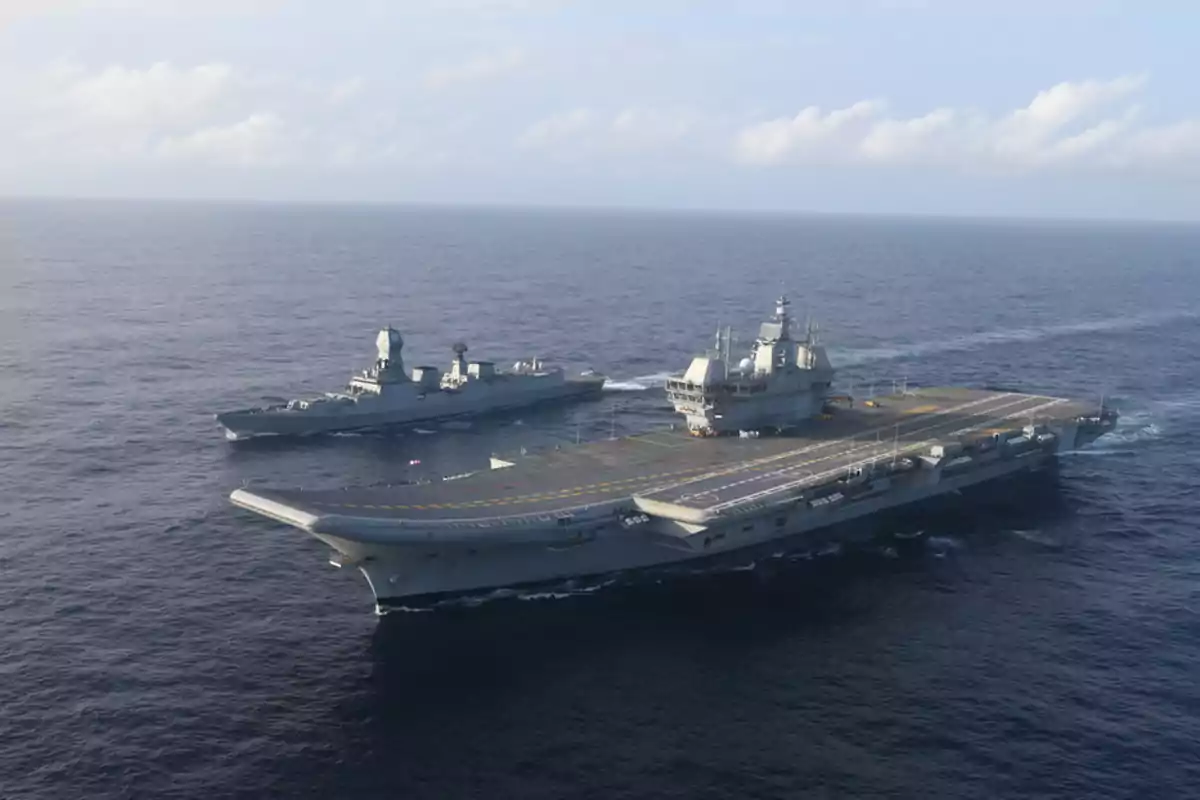
India and Pakistan are heading toward a nuclear war following the terrorist attack.
After India took diplomatic measures regarding Pakistan last Wednesday, both nations decided to escalate the conflict
After the terrorist attack in Pahalgam, Jammu and Kashmir, which left 26 dead, mostly Indian tourists, relations between India and Pakistan have reached one of their lowest points in years.
In response to the attack, India accused Pakistan of supporting terrorist groups like The Resistance Front (TRF), which claimed responsibility for the attack. Pakistan has denied any involvement.
Given the seriousness of the events, India took immediate punitive measures, including the suspension of its participation in the Indus Waters Treaty, a vital agreement signed in 1960 that regulates the shared use of the Indus, Jhelum, and Chenab rivers, which originate in India but mostly flow into Pakistan.
This unprecedented decision threatens to deepen the regional crisis, as Pakistan critically depends on these water sources for its agriculture and water supply.

In retaliation, Pakistan convened its national security committee, which decided to take a series of drastic countermeasures. Among them is the warning that any attempt by India to divert or block the flow of the rivers will be considered an "act of war" and will be replied to "with the full force of national power."
They also announced the suspension of all bilateral agreements with India, including the Simla Agreement, which recognizes the Line of Control (LoC) as the de facto border in Kashmir. Suspending this agreement could trigger greater military instability in the region.
Pakistan also took diplomatic measures, such as suspending all visas for Indian citizens under the SAARC Visa Exemption Scheme, except for Sikh religious pilgrims, and ordering the departure of all Indians under that regime within 48 hours. It also reduced the Indian diplomatic staff in Islamabad to 30 people.

Another significant decision was the closure of Pakistani airspace to all Indian airlines, mirroring a similar action in 2019. This measure significantly affects flights between India and Europe or the Middle East, especially those operated from Delhi by Air India, as well as flights to Central Asia.
Additionally, Pakistan has closed the Wagah border crossing and suspended all bilateral trade, even involving third countries. These decisions represent an almost total freeze of bilateral relations.
In recent hours, military tension has also been rising. The Indian aircraft carrier INS Vikrant has left its port in recent hours and is heading toward Pakistan, where various military maneuvers will be carried out.
Meanwhile, the Pakistani army has announced military exercises right in the area where the Indian aircraft carrier will be deployed. The Pakistani exercise will consist of missile testing.

As a sign of the worsening bilateral relations between both nations, the Indian government urged all its citizens to leave Pakistan.
The TRF group, the perpetrator of the attack according to its statement on social media, emerged in 2019 and is linked, according to India, to Lashkar-e-Tayyiba, responsible for the Mumbai attacks in 2008.
Although TRF presents itself as a local resistance against "illegal occupation," it has been classified as a terrorist organization by India. According to Kashmir authorities, two of the three suspects in the attack are believed to be Pakistani citizens.
The current situation reflects a dangerous escalation between two nuclear powers in an already unstable region. While India promises a firm retaliation, Pakistan responds with severe measures and warnings of war, leaving the region's future hanging by a thread.

More posts: